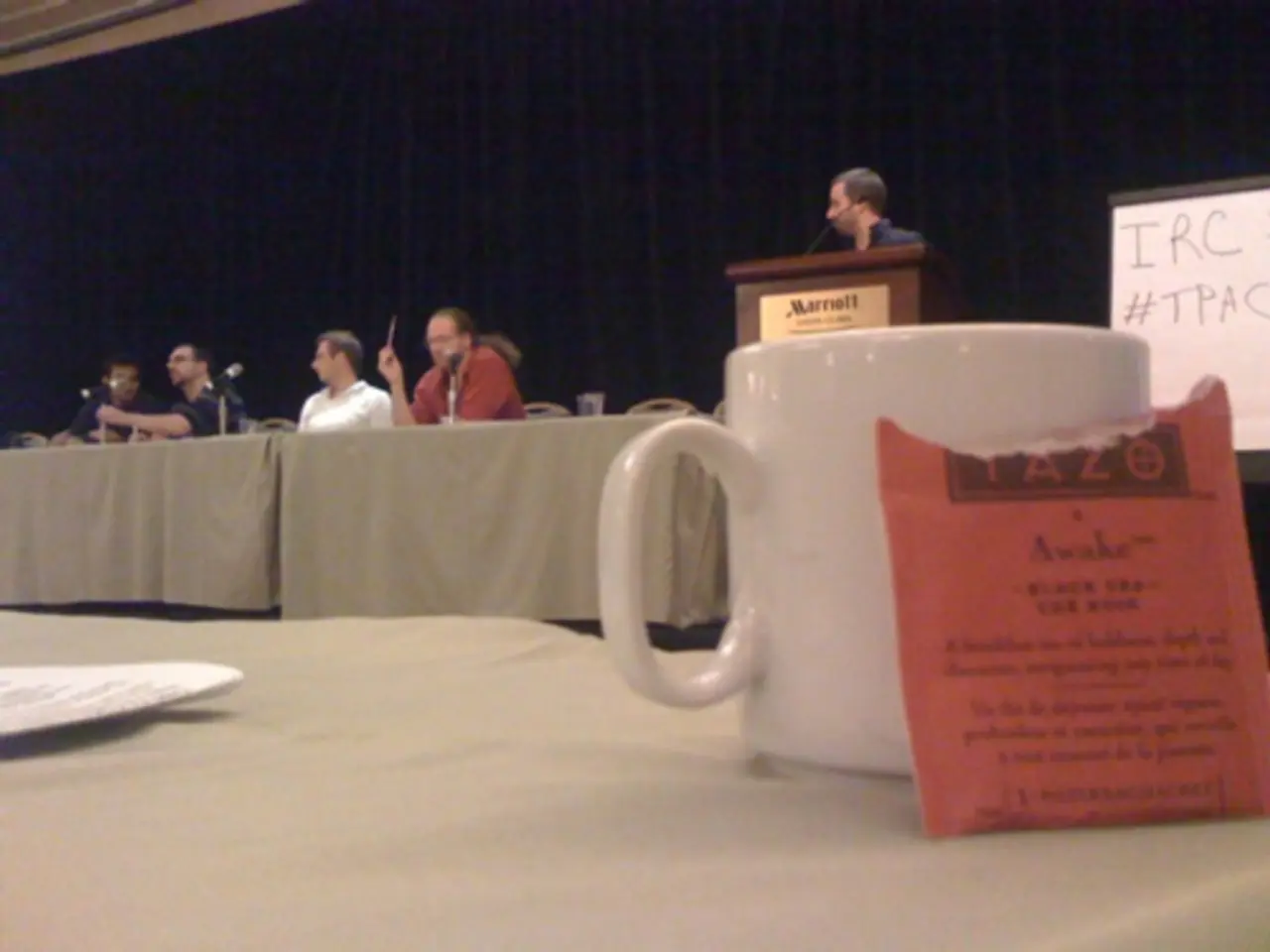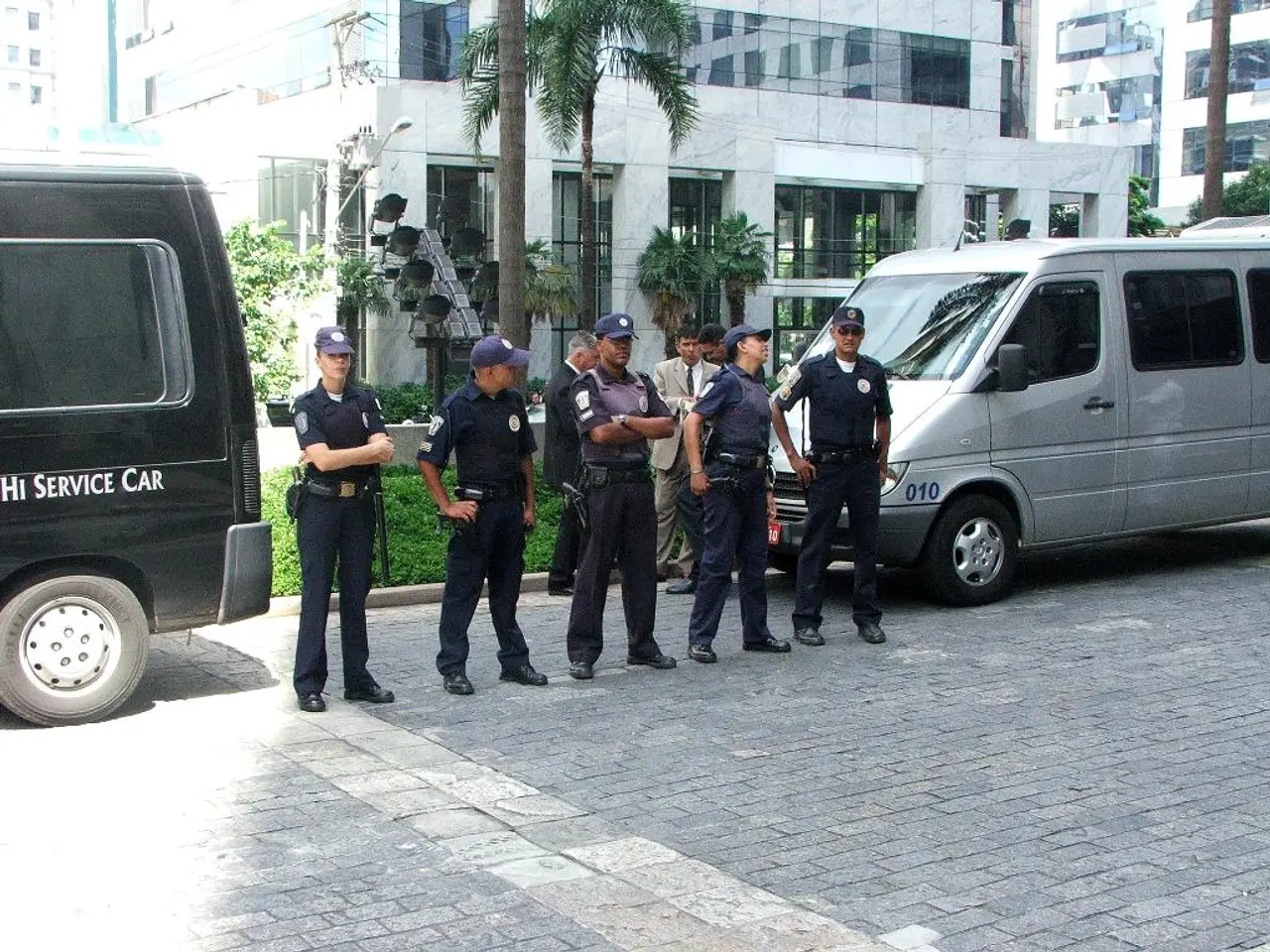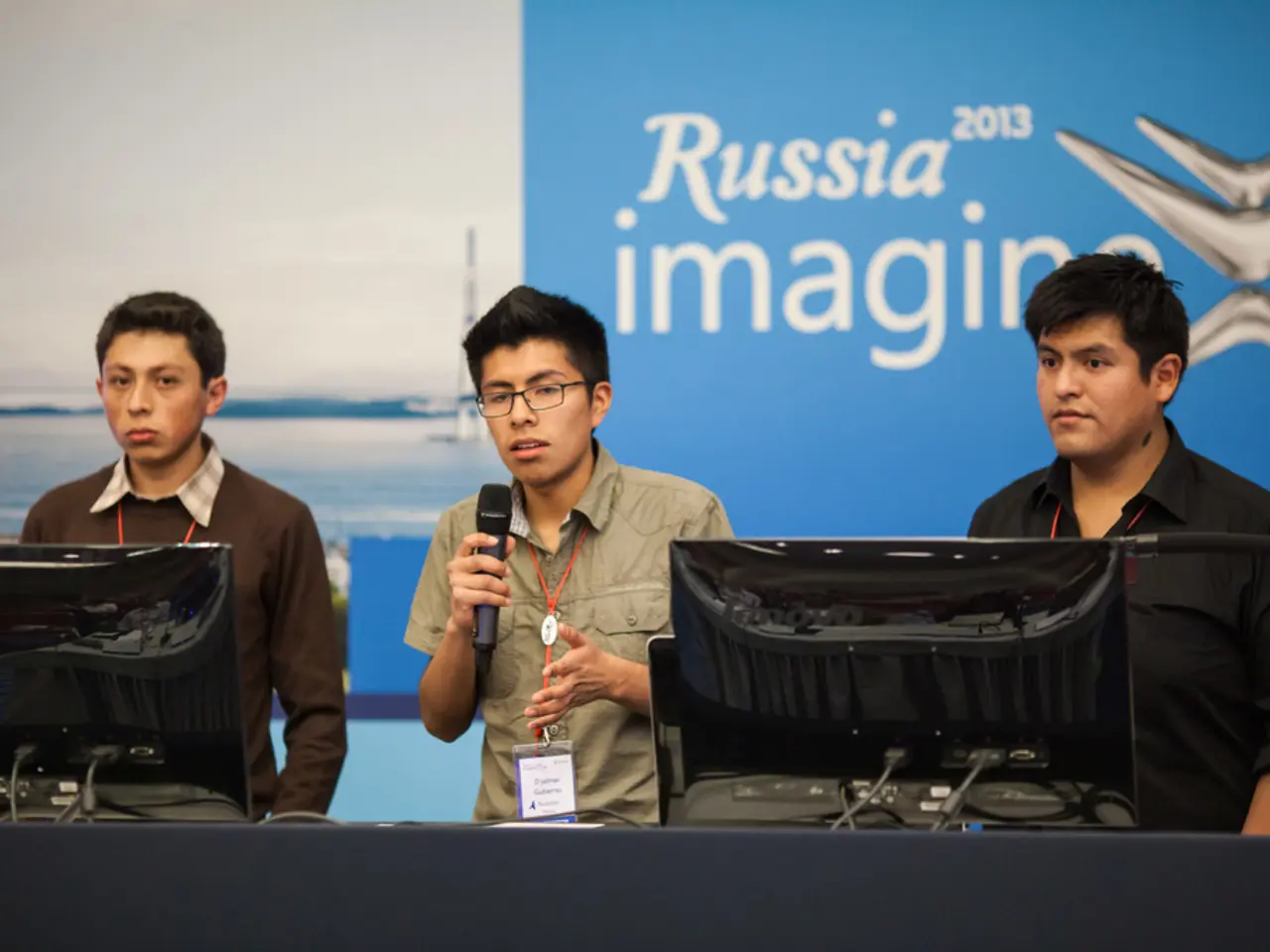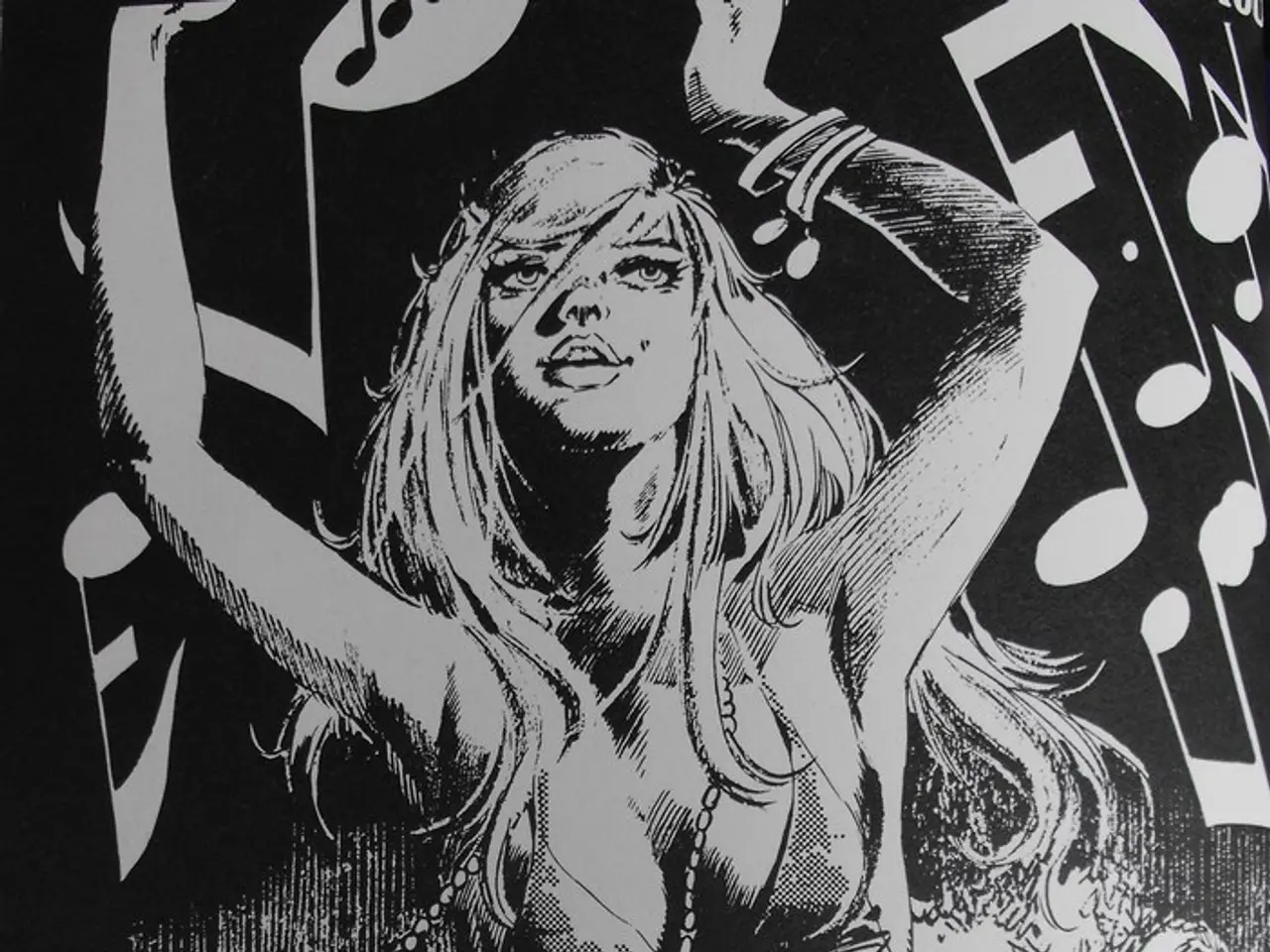Politician Irakli Okruashvili given 8-month imprisonment by court
In the heart of political tensions between the ruling Georgian Dream party and opposition figures, former Defense Minister Irakli Okruashvili has been sentenced to eight months in prison and barred from holding public office for two years. The verdict was handed down by Judge Tamar Mchedlishvili, following Okruashvili's refusal to comply with a summons from a temporary parliamentary investigative commission.
The commission, established by the Georgian Dream-led parliament, is tasked with probing alleged crimes by former officials, including those affiliated with the opposition United National Movement, under which Okruashvili served from 2004 to 2006. Okruashvili's refusal to appear before the commission on March 26, 2025, despite being summoned and given opportunities to respond, led to his arrest and subsequent pretrial detention after he declined to pay bail.
The court's ruling has been met with a mix of justifications and criticisms. The ruling Georgian Dream party, including Prime Minister Irakli Kobakhidze, frames the imprisonments as consequences of opposition politicians' refusal to acknowledge the legitimacy of the current parliament, describing their jailing as a matter of upholding democratic order rather than political repression.
However, critics argue that these prosecutions represent politically motivated sentencing aimed at sidelining opposition leaders, casting doubt on the impartiality of the judicial process and signalling suppression of political pluralism in Georgia. The sentencing of Okruashvili is not an isolated incident, as several other prominent opposition leaders have received similar sentences and bans on office-holding.
During his detention, Okruashvili faced additional charges under Article 151 concerning alleged threats causing fear of harm, related to a separate incident from 2023. His defense describes these charges as banal, raising further questions about the use of legal mechanisms to constrain opposition figures.
The sentencing of Okruashvili reflects profound political divisions in Georgia, where legal proceedings against opposition figures are perceived by many as politically motivated actions that challenge democratic norms and the rule of law. This case exemplifies a broader trend toward judicial measures that potentially curtail political opposition, which may impact Georgia’s democratic development and its relations with Western partners advocating for fair political competition.
The imprisonment and political bans could marginalize opposition voices in the near term, but they may also fuel domestic and international calls for judicial reforms and political dialogue to ensure fair treatment of dissenting politicians. The political debate surrounding Okruashvili's sentencing is ongoing, with critics calling the case politically motivated and advocating for a fair and impartial judicial process in Georgia.
- The sentencing of Okruashvili and the banning of several other opposition leaders from holding public office suggest that policy-and-legislation in Georgia may be politicized, as critics argue it is aimed at suppressing opposition and casting doubt on the impartiality of the judicial process.
- The ongoing political debate surrounding Okruashvili's sentencing highlights the importance of politics in shaping the legal landscape, as the ruling Georgian Dream party insists it is upholding democratic order, while critics claim it is a form of political repression that undermines political pluralism and challenges democratic norms.







